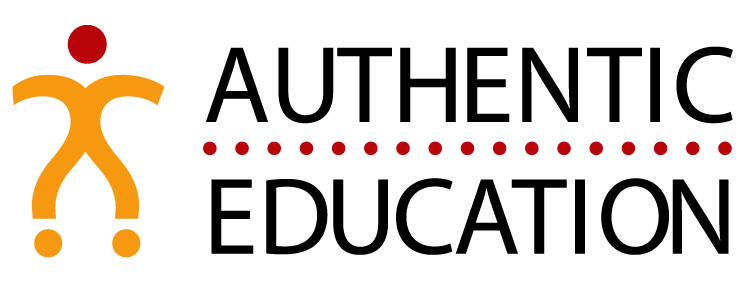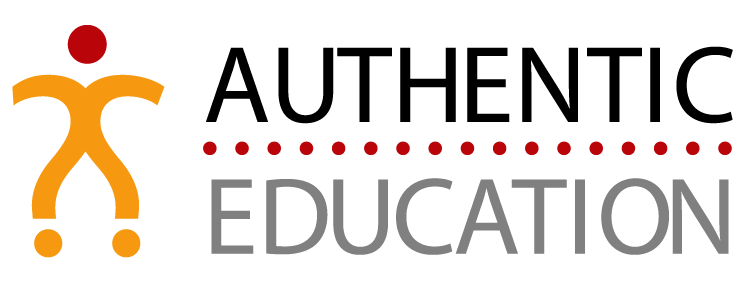Feedback is a word we use unthinkingly and inaccurately. We smile at a student, say “good job!” and call it feedback. We write “B-“at the top of a paper and consider it feedback. We share a score on the state test with a student and his parents and consider it feedback.
But feedback is something different. It is useful information about performance. It is not praise, it is not evaluation, it is not a number on a standardized test. So, true feedback is critical—perhaps the key element—in effective learning. No goal worth meeting is ever met without good feedback and opportunities to use it. What, then, is “useful information about performance”?
First, we need to recall that too much of schooling acts as if initial learning of content is all that matters. This is a pre-modern view of learning: we teach content, students learn, tests reveal what and whether they learned. Too rarely teaching aims for genuine performance with content, and thus closes the loop via “formative assessment” to provide specific and useful information that students need in order to master worthy performances.
“Good job!” is not feedback. “You used many interesting details to make your characters come alive in this story,” is feedback. “B-” is not feedback. “Your thesis is an interesting one, but you have not provided sufficient evidence to support it,” is. “Approaching mastery” is not feedback. “John is able to perform the basic algorithm for two-column multiplication, but because he does not yet understand the reason for it, he often makes avoidable errors,” is.
Feedback is thus not about praise or blame, approval or disapproval (despite our casual way of talking as if it were). Feedback is not evaluation, the act of placing value. Feedback is value-neutral help on worthy tasks. It describes what the learner did and did not do in relation to her goals. It is actionable information, and it empowers the student to make intelligent adjustments when she applies it to her next attempt to perform.
Sometimes, feedback comes from teachers. In the most powerful cases, however, it comes from the activity itself. After winning his first Masters Tournament, Tiger Woods explained how he turned his early performance around. He described how he knew from his putts on the back nine that he was not playing well, and said to himself that he had to adjust his performance. But to know you need to adjust, you need on-going feedback. Tiger knew, on the basis of effects: the path of the ball, not because some test specialist gave him a score a month later. Too often we do not build such self-adjustment into the assessment, even as life typically does.
Similarly, the young clarinet player receives feedback when her high C squeaks, so she adjusts. The young math student receives feedback when he realizes he has come up with a solution that cannot possibly be correct, so he adjusts. Each of these students receives feedback from the performance itself—something has gone wrong. Each, then, has other timely chances to act on the feedback – to demonstrate their learning, in other words. Sometimes, the student can self-correct based on that feedback: I need to loosen my lips when I play a high note, re-check my early calculations. Other times, though the student knows that there has been an error or a falling short of excellence, the teacher must clarify: “See? You read the word problem backward, so your denominator was far smaller than your numerator.” The long-term goal, though, is to make the teacher-coach obsolete.
Of course, each of these students had been taught what to do. But it’s not teaching that causes successful, eventual learning – i.e. accomplishment. It’s the attempts and adjustments by the learner to perform that cause accomplishment. And without feedback, all of the teaching, no matter how extensive, remains theoretical to the learner. While teaching can answer the question, “What should be done?” feedback answers the question, “What did I just do here, and what should I have done just now?” The next step is advice or guidance: “How do I learn to do that move better?” Feedback honors the individual and actual performance, not some theory about how one plays soccer or the clarinet or how one solves a difficult arithmetic problem.
We need to teach, of course. And we need to formally assess. But unless we build a strong feedback loop into our teaching and learning—providing for individual, targeted, specific feedback to each student, followed by opportunities to use it—then we will lose all except those students who would learn even without our help. For the student, the question is very simple: given my attempt, what did I do that worked and what did I do that didn’t work and why? Then: how can I improve? Too often, the answers are insufficient and unclear. This is the kind of transparency completely missing from most of schooling – to the detriment of our students.
This post is from Authentic Education’s archives. This post first appeared in 2010 as part of AE’s “Big Ideas” blog.




10 Responses
In my work in Montessori with young children, the need for objective feedback has always been obvious. The way our classrooms and materials are designed, many children can do for themselves what Tiger does on the course. We believe it is also how our children develop good judgment. More subtle details need someone to point them out, and while it is often the teachers who do this, many times the other students also coach. Some examples might be the proper way to form an “h” in cursive, or how to pour away one’s scrubbing water so as not to splash. These details are taught in context, often during the activity. All details that give clues to success we call “points of interest” or “key points,” and they help our children be successful and find new challenges. For twenty years, I have been actively seeking to find ways to offer this to high school and college students. Our school does well through middle school, but we do not offer a high school. My own sons have had a lot of “feedback opportunities” at home, but only because we have rebelled as parents about how much homework our children will have to do. We have things to teach them as well. Thanks for all your work.
Thank you for providing more insight into this subject. I have found that great teachers give meaningful and quality feedback on a regular basis to his/her students. Students tend to learn for this and over time begin to form a personal feedback loop for themselves. This is a piece that I will share with some of my team teachers in the next few weeks.
i try to talk to each student to see if they are really getting it.
Feedback is learning from trials and errors on how to make adjustments until the problem is resolved.
Jimi Hendrix was one of the first to make feedback an art form…and the people loved it.
I think the students will be more excited to read the more detailed feedback instead of just a “Good Job!” Even if it is a negative feedback. They will want to correct what they are doing wrong. I feel as if detailed feedback is a great thing. Thanks for the information.
I found the article interested. I never thought of feedback as explain in the article. I always thought about praise, test, and good job. After reading the article, it makes sense.
I believe postive feedback is important for everyone.
I try to give my students a short comment on what I’m looking for on their assignments. This article allowed me to see that I need to do it more often and with more detail. This was great information on feedback. I can see how this will improve the students outcome in their classwork and future work ethics.
I have found over the years that feedback is definitely a wonderful tool to use when helping students to be successful. But in order for your feedback, whether positive or negative to work effectively you must know your audience, meaning your student. A negative feedback tool that was successful in regard to one students may have disastrous results with another one. Also, remember to keep things simple to understand, using examples and always, always, always end on a positive note..